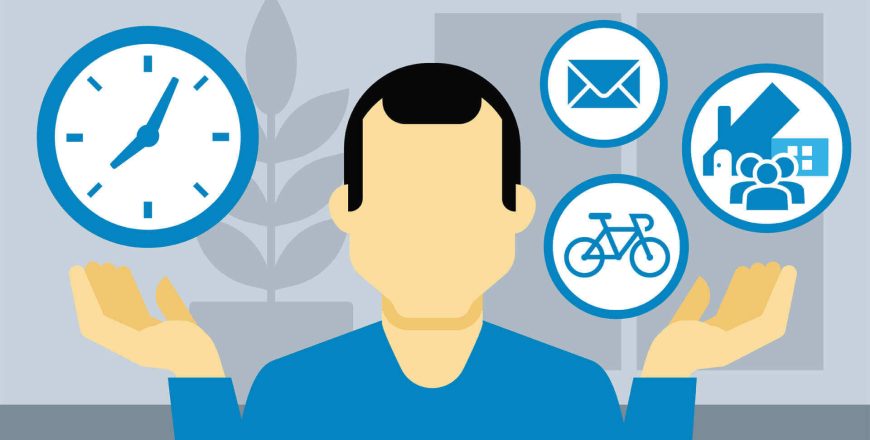Often, our work can seemingly take precedent over everything else in our lives. Our desire to succeed professionally can leave
...
us forgetting about our own well-being.
In our rush to “get it all done” at the office and at home, it’s easy to forget that as our stress levels spike, our productivity plummets. Stress can zap our concentration, make us irritable or depressed, and harm our personal and professional relationships.
Show more

